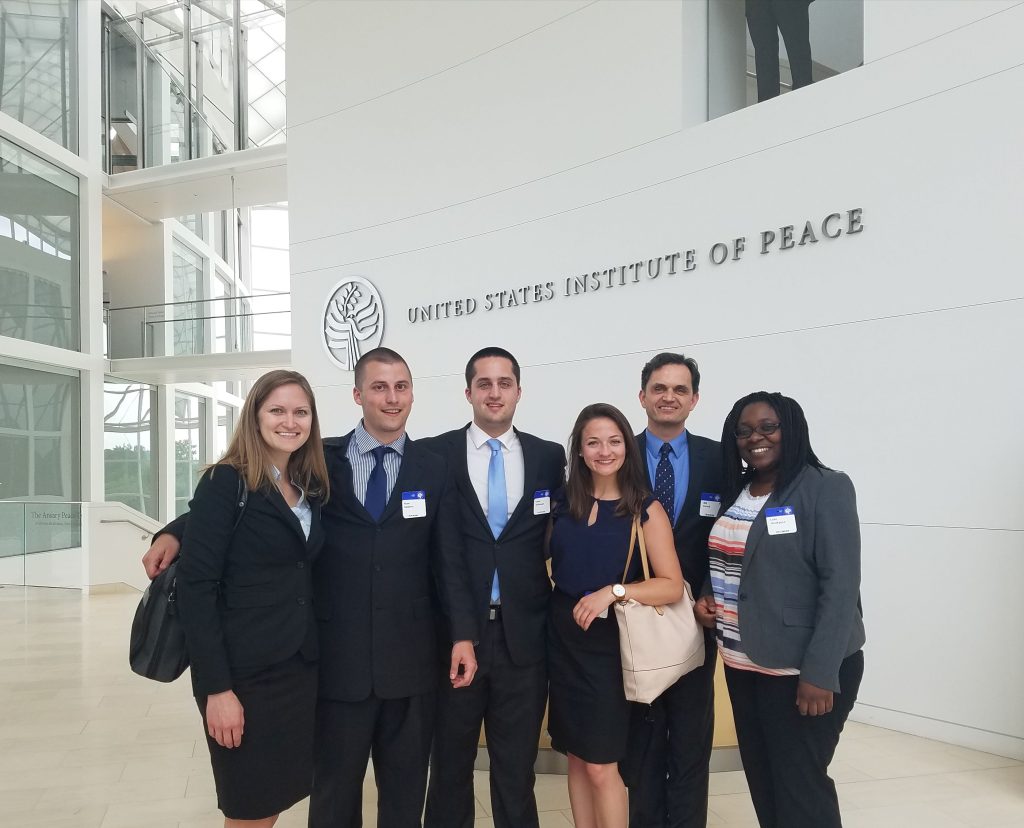Graduate Funding
Determining how to pay for a Master’s degree is one of the more daunting tasks when deciding whether to pursue graduate education. That’s why the School of Policy and International Affairs is committed to assisting prospective and current students with finding ways to fund their education and reduce the need for student loans.
Funding awards are available each year for SPIA students. The assistantships, fellowships, scholarships, and other funding sources listed below are offered through SPIA, the Graduate School, and other departments on campus. All funding opportunities are highly competitive and deadlines, where applicable, are firm.


